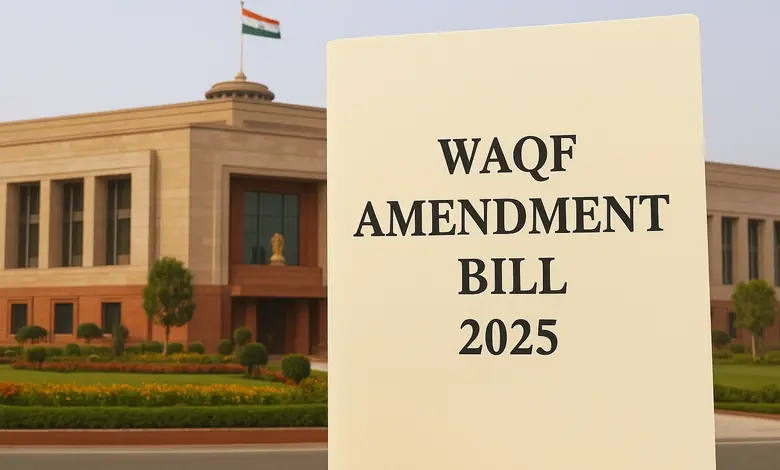Waqf Amendment Bill Sparks Debate: What You Need to Know

NEW DELHI: The central government is gearing up to introduce the Waqf (Amendment) Bill, 2024, in Parliament on Wednesday, a move poised to ignite fierce debate amid staunch opposition. According to sources , the legislation aims to overhaul the administration and oversight of Waqf properties, introducing technology driven solutions and tackling longstanding legal and managerial challenges. The ruling BJP led coalition asserts that these changes will enhance transparency and accountability, while critics, including opposition parties, decry it as a targeted assault on constitutional principles.
Introduced in the Lok Sabha on August 8, 2024, the bill seeks to amend the Waqf Act, 1995, with two key legislative proposals: the Waqf (Amendment) Bill, 2024, and the Mussalman Wakf (Repeal) Bill, 2024. The government contends that the reforms will streamline the management of Waqf assets nationwide, addressing inefficiencies that have plagued the system. Among the proposed changes is a shift away from the “once a Waqf, always a Waqf” doctrine, which has fueled disputes, such as the contentious claims over islands in Bet Dwarka. Courts have grappled with these complexities, often finding them legally thorny.
The bill responds to persistent issues like illegal land occupation, mismanagement, and ownership conflicts, which have been exacerbated by the Waqf Act, 1995, and its 2013 amendment. A notable sticking point is the lack of judicial oversight, as Waqf tribunal decisions currently cannot be appealed in higher courts, a gap the government aims to address. Additionally, incomplete property surveys yet to commence in states like Gujarat and Uttarakhand, with a 2014 survey still pending in Uttar Pradesh have hindered progress, compounded by poor coordination with revenue departments.
Opposition voices, including AIMIM leader Asaduddin Owaisi, have labeled the bill a “Waqf Barbaad Bill,” arguing it undermines constitutional protections under Articles 14, 25, 26, and 29. The BJP has secured backing from allies like TDP and JDU, with Bihar Chief Minister Nitish Kumar’s party urging that the law not apply retroactively. Meanwhile, misuse of powers by some state Waqf boards, such as declaring private properties as Waqf under Section 40, has sparked community tensions and legal battles. Of 30 states and Union Territories, only eight have reported such declarations, totaling 515 properties.
The legislation’s constitutional validity is also under scrutiny. A public interest litigation in the Delhi High Court has challenged the Waqf Act’s exclusive application to one religion, prompting a judicial call for the central government’s response. As Parliament prepares for Wednesday’s session, the Waqf (Amendment) Bill, 2024, stands as a flashpoint, balancing promises of reform against accusations of overreach, with its fate hinging on a contentious debate.




